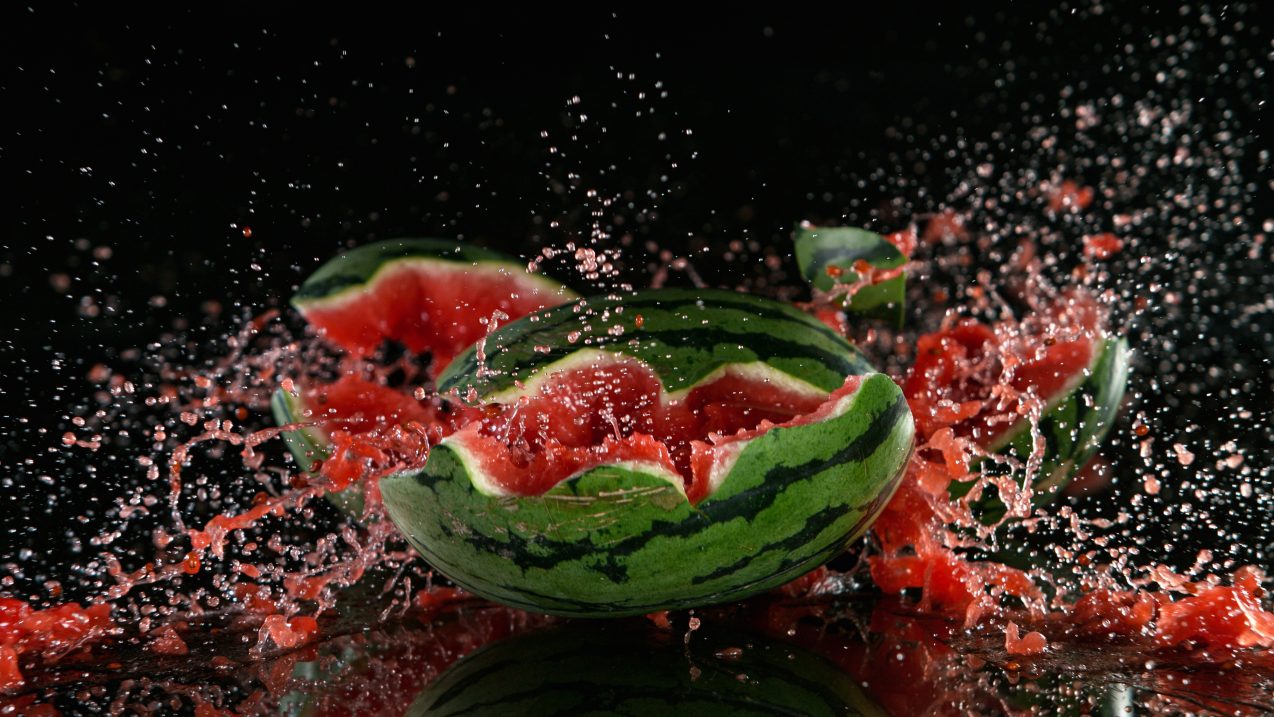Watermelons, a common summer fruit, have been popping out of nowhere in people's kitchens recently. Consumers around the country are confused and worried as a result of this. Florida native Emily Durbin initially reported the strange occurrence on a Facebook forum. She recalled buying a watermelon that, although having not been heated, was gushing white froth and giving off an awful stench.
The unexpected bursting and frothing of watermelons became quite a spectacle and some concern after Durbin's account, and subsequent reports from others with similar experiences arose. Experts were consulted in order to determine what had gone wrong. Dr. Keith Schneider, a Professor of Food Science and Human Nutrition at the University of Florida and expert in fruit preservation, says that fruits can withstand high temperatures with minimal harm. The initiation of such environmental conditions can trigger a fermentation process, resulting in the emission of gasses. If this gas passes through, it could lead to the rupture or even detonation of the fruit when subjected to additional pressure.
Dr. Schneider also suggested that climate change may be at play, saying that increased summer temperatures might reduce product quality and lead to these unanticipated reactions. Watermelon fermentation is similar to the fermentation seen in beer and wine, in which sugar is transformed to alcohol and carbon dioxide gas is released. Explosions can occur if the watermelon's wound shuts and internal pressure builds up.
The introduction of infectious germs or fungi is another possible cause. Dr. Steve Reiners, a professor of horticulture at Cornell, says that if the attachment point of the bloom doesn't close completely or if minute gaps are left in the flower after fruit set, these diseases can penetrate the fruit. Rainy weather makes the possibility of this happening more likely, which only makes the situation worse.
These findings raise questions about the safety of eating these watermelons. Both Dr. Schneider and Dr. Reiners warn against it, saying that foaming indicates rotting and that you should return or throw away any fruit that exhibits this behavior. The presence of an unpleasant odor is another hallmark of decaying fruit.
Proper food storage practices are essential for avoiding these disturbing occurrences. Watermelons may be kept fresher for longer if you store them in the fridge and out of direct sunlight. After cutting, any leftovers must be stored in the fridge .Exploding watermelons are an odd phenomenon, but knowing what causes them might help us avoid them in the future. Consumers may continue to enjoy this delightful fruit without interruption if they follow safe food storage procedures and learn to identify the signs of flawed watermelons.




